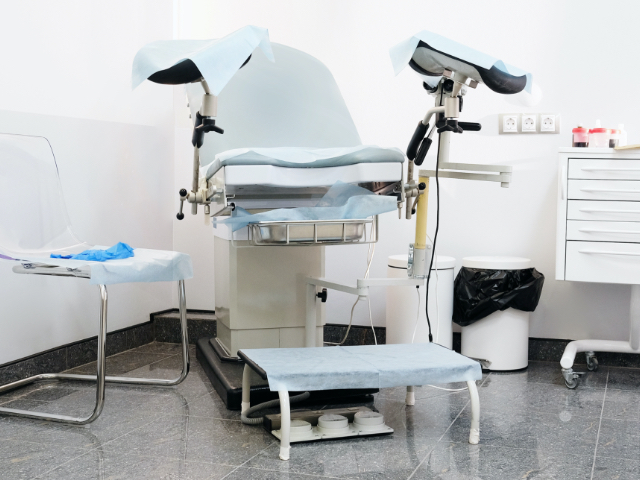The Annual Gynecologic Exam
Why Is It So Important?
Going to the gynecologist is something most women would rather avoid, but making the time once a year is extremely important and can be lifesaving. Things like breast, cervical, and ovarian cancer often have no symptoms, but are more likely to be detected with a simple Pap Smear, breast exam, and pelvic exam during your yearly gynecologic visit. More importantly, precancerous changes and infections can be identified and addressed before becoming a problem.
Don’t let your fear of the gynecologist’s office prevent you from getting this important yearly exam! We created an atmosphere at Woman Wise Integrative Gynecology, intended to put you at ease so you won’t put this off any longer.
We Provide Care That Is:

- Whole woman focused.
- In a safe, comfortable, spa like space, no stirrups or cold metal speculums here.
- Thorough and unrushed to get to the root of your problems.
- Robust with solutions custom tailored to you, including a combination of treatments.
- Supported by a variety of evidence from best available research information, provider consensus/clinical experience, and client preferences.
Traditional Gynecology Is:

- Symptom focused.
- Often in a sterile & cold feeling office
- At the mercy of the current healthcare insurance industry only paying providers who take insurance to spend 10-20 minutes with you per visit. This makes it impossible for them to truely dive deep into factors causing your hormonal problems and leaves you feeling rushed.
- Reliant on a one size fits all treatment approach based on pharmaceutical medications or surgery.
- Backed by often biased evidence for treatments, many times coming from research funded by the pharmaceutical or medical device companies themselves.
Pap Smear Explained
A procedure in which a small brush or spatula is used to gently remove cells from the cervix. These cells are sent to a lab in a liquid preservative solution so they can be checked under a microscope for cervical cancer or cell changes that may lead to cervical cancer. A Pap test may also help find other conditions, such as infections, inflammation, or certain types of human papillomavirus (HPV) .
Screening starts at age 21
Best done when you are not on your period
Avoid having sex, douching, using any vaginal medications, or spermicides 2 days prior to your appointment
Guidelines recommend getting a pap smear every 3-5 years based on your age. They may be more frequent if you have an abnormal result or have risk factors for cervical cancer. It is still recommended woman have a yearly breast and pelvic exam, even though the pap smear is not yearly.
What is Human Papillomavirus (HPV)?
HPV is the most common sexually transmitted infection. According to the CDC, it is so common that almost every person who is sexually active will get HPV at some time in there life, if not vaccinated, and may be repeatedly infected. It can be passed during skin to skin genital contact or oral sex, even when a person has no signs of infection.
High Risk Verses Low Risk HPV
There are >100 types of HPV, of which 14 are known as “high risk”, due to their ability to cause cancer. Two of the high risk HPV types, known as 16 & 18, cause 70% of cervical cancers and precancerous cervical changes. There are also “low risk” types that can cause genital warts.
The good new is that with a healthy immune system, HPV infections will clear up within 2 years 90% of the time, without any intervention. For a small group of women, HPV may persist. Tobacco smoking, infection with other STI’s, and a weaker immune system has been associated with HPV persistence.
Keeping Yourself Safe
Protect yourself from exposure to HPV by using condoms and dental dams. Refrain from smoking. Keep yourself and immune system healthy by eating well, getting at least 7 hours of sleep nightly, exercising, and getting regular pap smears. Discuss the HPV vaccine with your primary care provider.
Integrative Treatment of HPV
If you have persistent HPV, we can work with you on a treatment plan to help stregthen your immune system and your body to clear the virus.
Abnormal Results Follow Up
Depending on the result, the only action needed may be to repeat your pap smear sooner
Some results are followed up by a colposcopy, which is a procedure to evaluate the cervix in more detail and possibly take tiny tissue samples, called biopsies. You will be referred to a specialist for this procedure.
Remember, cervical cancer is very slow growing and rare in women who have been getting screened regularly. Don't delay in making your appointment!

